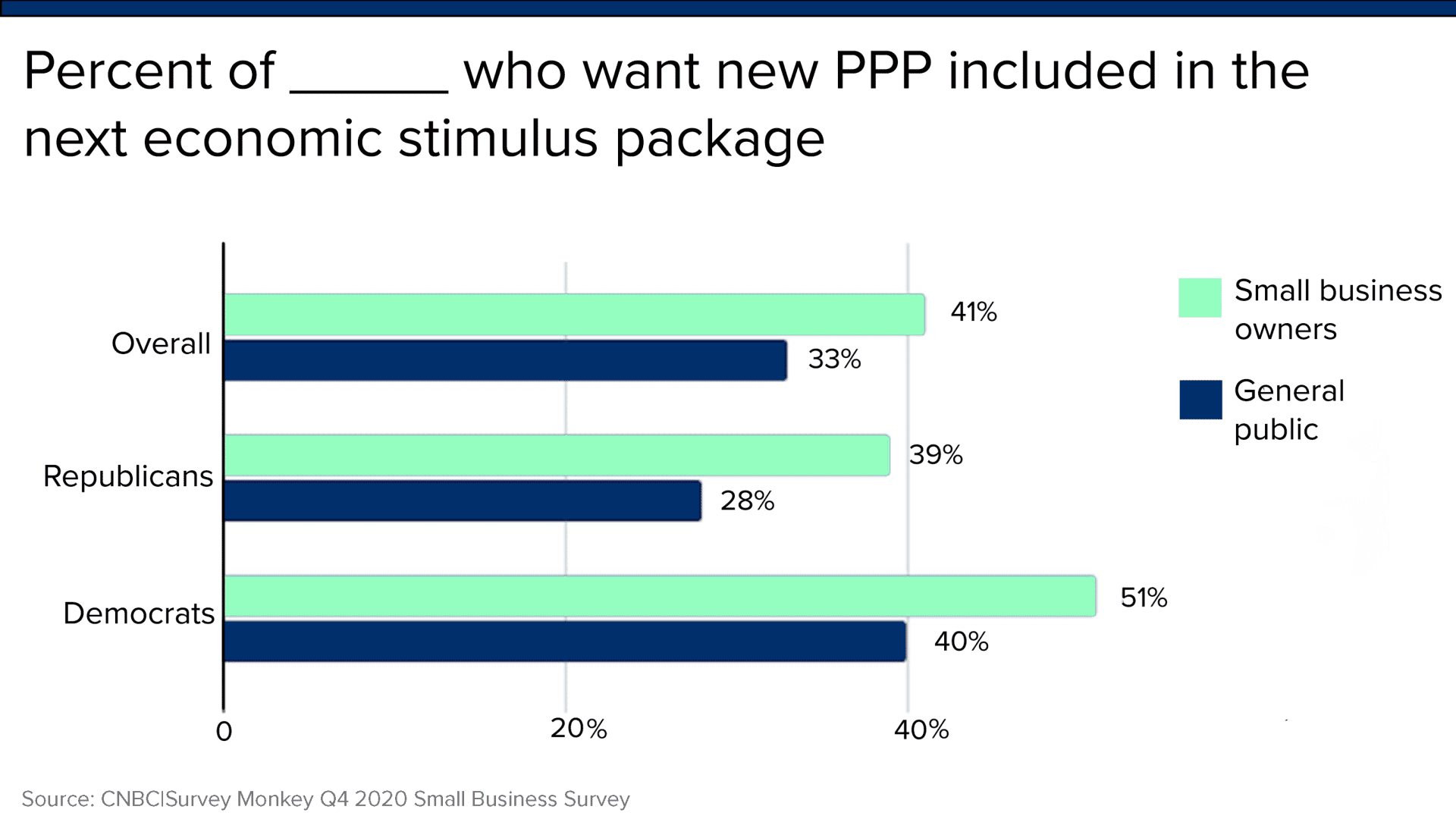
- The $2.2 trillion CARES Act rolled out an array of relief measures for Americans, including aid for small businesses in the form of loans, tax credits and more.
- Since these relief measures revolve around the tax code, entrepreneurs should make sure they hire an accountant to guide them through the 2020 tax year.
- Take the remaining weeks of the year to get your books and records in order, and contact your tax professional. Don’t wait until next spring.

A hellish tax season is just around the corner for small businesses that received aid through the CARES Act.
"The provisions of the CARES Act are all helpful for small businesses, but they will complicate tax planning efforts for the next couple of years," said Holly Wade, director of research and policy analysis for the National Federation of Independent Business.
Heading into the winter, half of small business owners are still in survival mode but they are beginning to understand how challenging tax compliance will be next year, said Tom Sullivan, vice president, small business policy at the U.S. Chamber of Commerce.
"The anxiety is just starting to appear for small business owners," he said. "They don't make decisions based on the tax code, but they understand that the April filing season could be a nightmare."
Indeed, the pandemic relief legislation that became law this spring established Paycheck Protection Program loans and the employee retention credit and paved the way for entrepreneurs to turn losses into cash.
Money Report
However, the aid comes with added tax complexity for 2020 and some pain when it's time to file in the spring.
If there were ever a time for business owners to hire a tax professional, this is it.
PPP deductibility woes
The most immediate issue for businesses is the deductibility of expenses paid for with a forgivable PPP loan.
The IRS has confirmed that the loans are eligible for tax-free forgiveness if at least 60% of the proceeds go toward payroll.
However, the expenses covered by PPP loans can't be deducted on 2020 tax returns.
The IRS argues that recipients would be receiving a double benefit by deducting expenses paid for by the government.

While technically true, it also effectively makes the loan taxable to the extent that other business income will be more fully taxed.
"If the top priority is to free up capital for businesses then the government should free up capital," said Sullivan of the Chamber of Commerce.
"A double benefit is exactly what Congress intended and the IRS needs to be told that these expenses are still deductible," he said.
Both Sullivan and Wade are lobbying Congress to address the situation.
Interactions between PPP and other tax breaks
Even if this huge issue is resolved favorably for the small business community, taking advantage of and complying with other tax code changes will remain an enormous challenge.
"It's not just that the tax code is complicated," said Victoria Glover, a partner in Deloitte's national tax office. "The IRS has issued a lot of guidance this year and taxpayers have to follow all of it."
For example, PPP loan recipients can't claim the employee retention credit, a credit that's equal to 50% of the qualified wages paid to employees -- or up to $5,000 per employee -- from March 13 until the end of the year.
Employers taking a PPP loan may also choose to defer their share of the Social Security tax through the end of the year.
"There are a number of interactions between provisions of the CARES Act," said Glover.
"It all depends on the facts and circumstances of each taxpayer," she said. "People need to speak to their tax advisors about how parts of the CARES Act interact with each other and the rest of the tax code."
Finding a pro
Obtaining the help of an expert is easier said than done for sole proprietors and small partnerships, said Wade of the National Federation of Independent Business.
"Most employers use a tax professional, but the smaller the business, the less communications they have with them," she said.
"It's intimidating and they don't know what questions to ask," Wade said. "Even with a tax professional it's difficult to navigate these issues."
Wade worries that many small business owners will fail to take advantage of the provisions in the CARES Act because they are too daunting to figure out.
"It involves more paperwork and time that they don't have in a day," she said.
Here are four questions to get you ready for your end-of-year meeting with your tax professional.
- What should I do or think about to prepare for our meeting? Maintain solid bookkeeping and be sure to document your use of any PPP funding. It'll make things easier for your CPA or bookkeeper.
- What are some common mistakes small business owners typically make in preparing their taxes? This isn't the year to go it alone. Know some of the key stumbling blocks for entrepreneurs.
- Which tax changes over the last year might impact my business? The CARES Act rolled out emergency funding for small firms, and it will affect your tax return.
- What are the typical deductions and credits for a business like mine that may apply to me? The write-offs and refundable claims you can make are going to be based on the specifics of your firm.






